Applying for a U.S. Visa in 2025? What You Post Online Could Derail Your Case
Yes, if you’re applying for a U.S. visa in 2025 you’ll need to disclose past social media activity. What you’ve posted online could delay, or even derail, your case.
If you're applying for a U.S. visa right now, your social media history could become one of the most scrutinized parts of your application. Under updated federal guidance and renewed executive emphasis on digital surveillance, consular officers and immigration officials are looking far beyond your paperwork. They’re analyzing your digital footprint, often years into the past.
One recent incident drew media attention when a Norwegian traveler was reportedly denied U.S. entry after a political meme referencing Vice President JD Vance was discovered on his phone. While U.S. Customs and Border Protection later claimed that the official reason was visa ineligibility (not the meme itself) the case heightened public awareness of how closely digital content may be examined during the immigration process.
Whether you're applying from abroad or adjusting status within the U.S., what you’ve posted, liked, or shared online could raise red flags, delay your case, or even lead to a denial.
At The Law Offices of David S. Santee, we understand how high the stakes are. We help clients prepare for every stage of the immigration process, from reviewing online content to addressing digital vetting concerns, so your application can move forward with clarity and confidence.
Why Social Media Matters in Today’s Visa Process
In June 2025, updated guidance from the U.S. Department of State introduced stricter screening procedures for many visa applicants. Those applying for student visas (F and M), exchange visas (J), and other categories are now required to disclose all social media handles used in the past five years. Applicants are also expected to make these accounts publicly viewable during processing.
While these requirements build on past policies, they now operate under a broader executive agenda that emphasizes heightened scrutiny of visa applicants across all categories. What you post, like, or comment on, even years ago, could now be interpreted as a reflection of your character or intent.
(This disclosure requirement originated from DS-5535, introduced during the Trump administration, and has since become a standard part of modern visa screening.)
What Kind of Content Raises Red Flags?
As part of expanded visa screening, U.S. consular officers and Department of Homeland Security officials review social media profiles using public data and advanced tools like LexisNexis, CLASS, and data feeds from the Consular Consolidated Database help officials screen flagged accounts or inconsistencies, specifically looking for "potentially derogatory information," which can include:
- Expressions of hostility toward the U.S. government
- Comments interpreted as support for extremist groups
- Antisemitic, racist, or otherwise hateful language
- Online affiliations with flagged organizations
- Inconsistencies between online content and submitted application materials
Even old or seemingly harmless posts can raise concerns, especially if taken out of context. If a consular officer identifies concerning material, your application may be delayed under INA § 221(g), placing it into administrative processing for further investigation.
Who Is Affected by These Policies?
Although the current rules began with student visa categories, their reach now extends across nearly all common immigration pathways, including:
- F, M, and J visas
- Employment and family-based immigrant visas
- K-1 fiancé(e) visas
If you're applying from within the U.S. or preparing for an interview at a consulate abroad, your social media presence may already be under review.
How to Prepare and Protect Your Application
If you've read this far, you already know that visa screening in 2025 isn’t just about paperwork; it’s also about how your online presence may be perceived. What a consular officer sees online could delay or derail your case, even if it was posted years ago or misunderstood out of context.
Before making any changes to your digital presence, it's essential to speak with a qualified immigration attorney. Every applicant’s circumstances are different, and the best course of action depends on the facts of your case. In some situations, your attorney may advise gathering other evidence (such as letters of recommendation, academic or employment records, or public service history) to demonstrate that past controversial views have evolved.
Once you’ve consulted with counsel, the following steps may help reduce misunderstandings and support a smoother review process:
Be Transparent About Prior Use
Disclose all social media usernames and handles used in the last five years, even if inactive. Officers may compare your disclosures with third-party data, and any inconsistency could raise questions about honesty or intent.
Review What’s Publicly Visible
Scan your posts, likes, and shares across platforms like Facebook, Instagram, TikTok, and X (formerly Twitter). Content that seems benign to you may be interpreted differently by a reviewing officer.
Avoid New Political Engagements Before Your Interview
In the lead-up to your interview or adjudication, consider avoiding posts or interactions that touch on sensitive political, religious, or social topics. Even a “like” can be misread without context.
Discuss Whether to Adjust Privacy Settings
Some applicants choose to make their profiles public during the application period to signal transparency. Whether that makes sense for you depends on your situation and should be discussed with your attorney first.
Depending on the reason for refusal, legal remedies such as Form I-601/I-601A waivers (for immigrant visas) or §212(d)(3) waivers (for non-immigrant cases) may be available.
At The Law Offices of David S. Santee, we help clients navigate the complexities of modern digital vetting with tailored strategies that meet both legal requirements and the realities of today’s online world. From reviewing flagged content to assembling contextual evidence, we work to ensure your application moves forward with clarity and confidence.
Delays, Digital Vetting, and Legal Pushback
Social media vetting is just one part of a broader immigration enforcement strategy. Executive Order 14159 has expanded expedited removal authority, increased CBP and ICE staffing, and prompted more frequent administrative holds. Meanwhile, visa applicants continue to face growing backlogs for appointments worldwide. Under INA § 221(g), even a minor online concern can trigger administrative processing and delay your case for months.
Legal efforts to challenge social media disclosure rules continue. At the end of June this year, in Doc Society v. Blinken, the D.C. Circuit upheld dismissal of a constitutional challenge based on standing. However, the court noted that future lawsuits (especially those focused on harm to U.S. based speech interests) might proceed if framed differently. While this decision didn't change the law, it left open a potential path for narrower challenges in the future.
In some cases, filing a FOIA request can help applicants obtain the flagged digital content at the heart of a delay or refusal. This is an important first step in challenging a mistaken determination.
Guidance You Can Trust in a Shifting Legal Climate
At The Law Offices of David S. Santee, we stay current on policy changes and legal rulings so our clients don’t have to. Whether you’re preparing for a consular interview, navigating adjustment of status, or worried about the impact of past posts, we offer experienced, proactive legal guidance.
If you're concerned that a social media post or online activity might complicate your immigration case, don’t wait to seek help. We’ll review your digital footprint, explain what’s required under current law, and build a strategy that supports you best.
From our Pennsylvania office, we serve clients across Eastern Pennsylvania, as well as nearby areas in New Jersey, Delaware, and beyond.
Schedule a confidential consultation today using our online contact form.
Disclaimer: The content of this blog is intended for general informational purposes only and does not constitute legal advice or create an attorney-client relationship. Each immigration case is unique, and you should consult with a qualified attorney to receive guidance tailored to your individual circumstances. Reach out to The Law Offices of David S. Santee to discuss your case.
